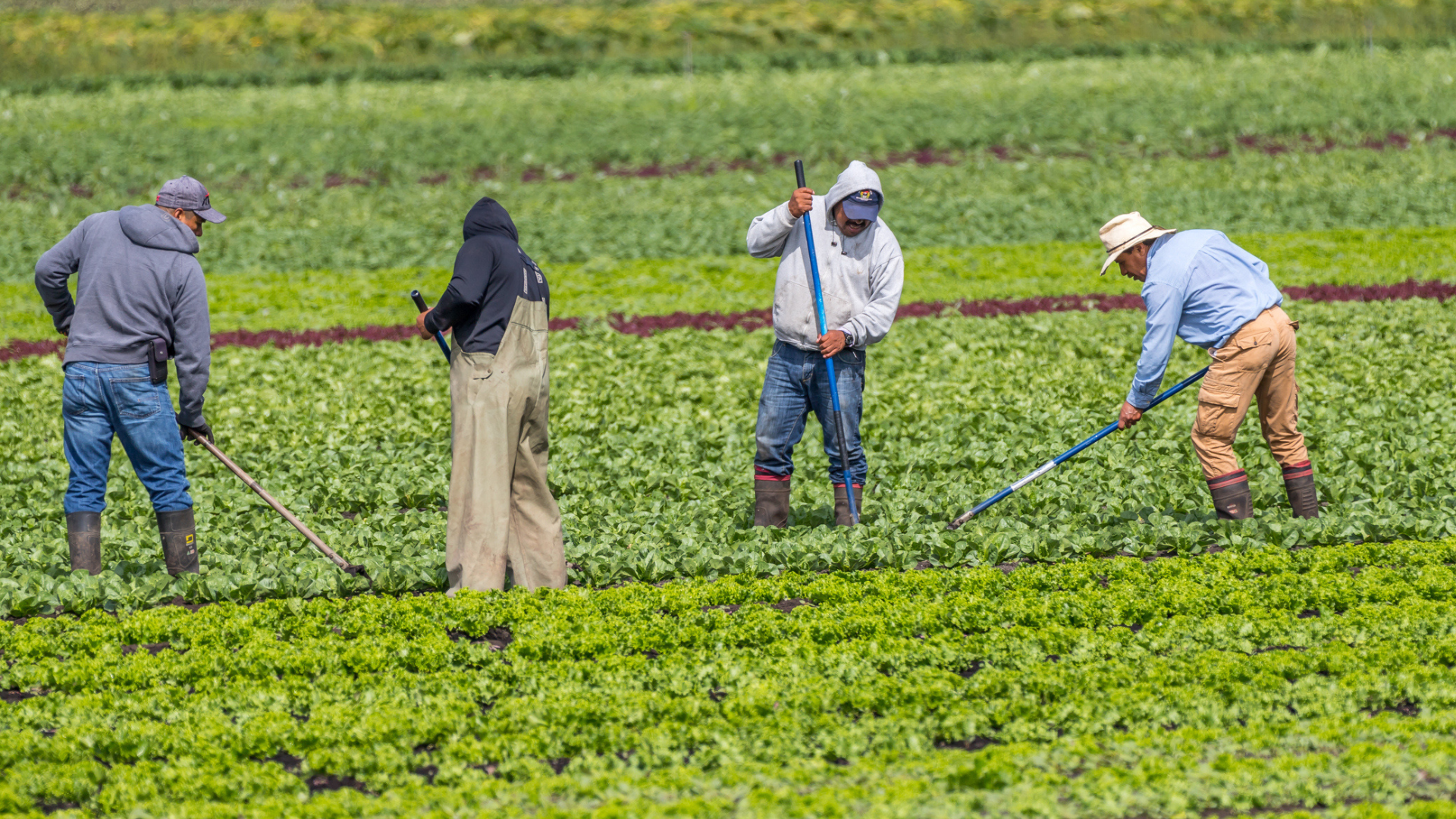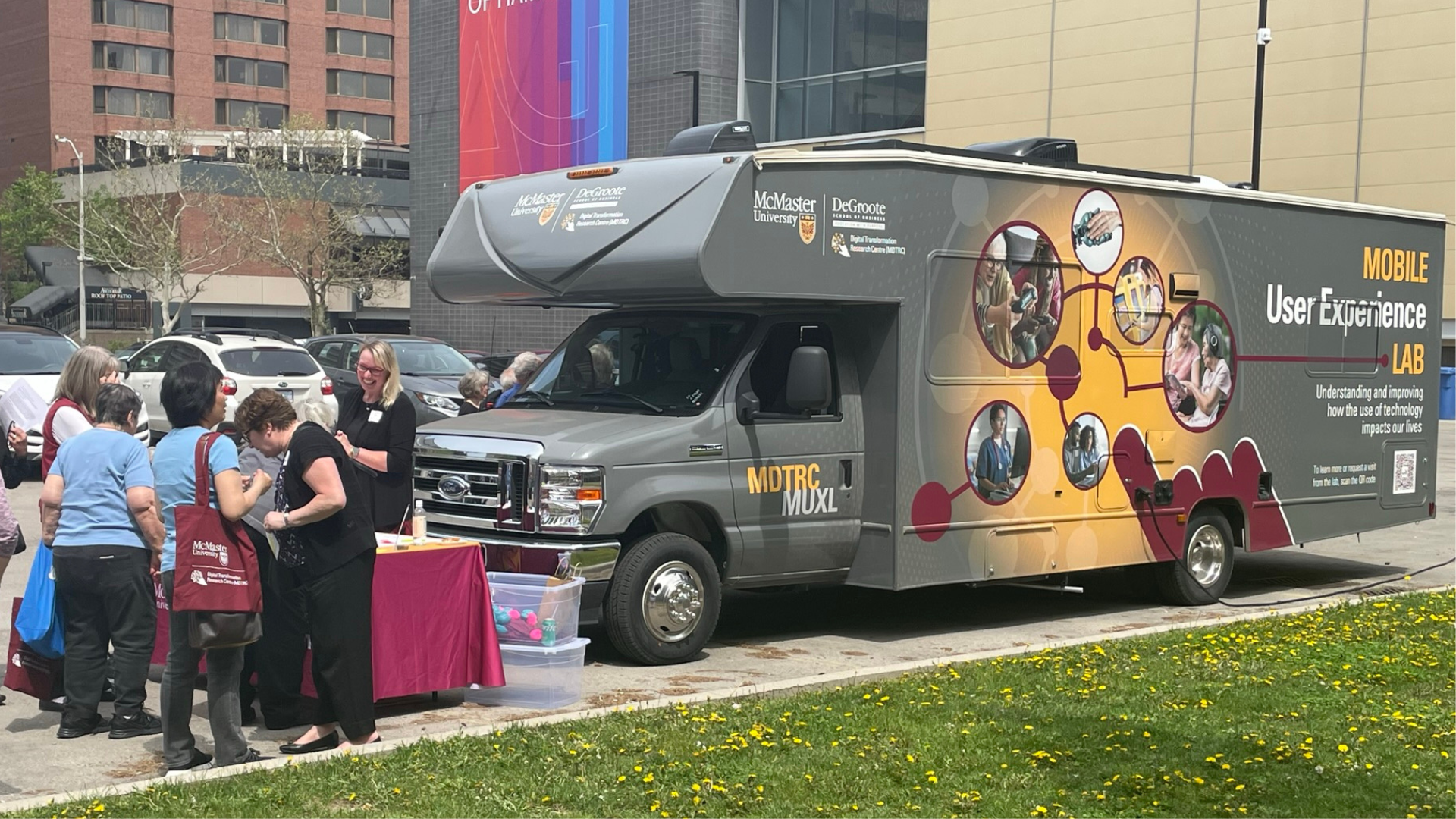Promoting digital literacy in the 21st century
September 8, 2021 ·
Contributed by: Brian Detlor, Professor, Information Systems

International Literacy Day
Happy International Literacy Day! It is great to see this day celebrated under the theme of “Literacy for a human-centred recovery: Narrowing the digital divide.” The COVID-19 pandemic has disrupted the learning opportunities of people from all walks of life. Moreover, it has magnified pre-existing inequalities in terms of access to meaningful literacy learning opportunities. Therefore, there is a strong need to promote and deliver literacy training, especially digital literacy training, to all members of society. Citizens need to be digitally literate to thrive in today’s world.
What is digital literacy?
Digital literacy can be defined as “the set of skills, knowledge, and attitudes required to access, create, use, and evaluate digital information effectively, efficiently, and ethically” (Julien, 2018, p. 2243). It is the ability of people to locate, organize, understand, evaluate, and create information using digital technology (Bawden, 2001; Gilster, 1997). Digital literacy comprises two sets of broad skills. First, having the skills to operate and utilize technologies such as computers, tablets, and smartphones. Second, having the skills to access, create, use, and evaluate digital information (Detlor, 2018). Being digitally literate leads to more positive health outcomes (as people can access high-quality health information online), better access to government services, greater participative governance, improvements in workforce development (improved job performance, employment), and the bridging of the digital divide.
Overall, digital literacy in Canada is lacking (Hadziristic, 2018). Although it is recognized as a key component of Canada’s digital talent strategy (ICTC, 2016), Canada does not currently have a digital literacy strategy to support digital literacy training in K-12 and post-secondary education, nor in on-the-job training/upskilling. However, a national digital literacy strategy is on the federal government’s radar, and work towards a national digital literacy strategy is in progress (Innovation, Science and Economic Development Canada, 2019).

Promoting and delivering training
There is a lack of formal digital literacy training in Canada. Especially for marginalized populations who cannot afford or access private training. Therefore, I have been researching digital literacy training delivered by community organizations such as public libraries and social service agencies. These organizations are critical in training delivery as they are tightly integrated with the local community’s physical environment. Results from the first phase of this research identified several factors that impede and promote successful digital literacy training led by community organizations. In addition, we offer the following recommendations:
- Organize and train staff. This involves providing better training opportunities for staff of community organizations so that they can be more technically up-to-date and devote time to training during their workday.
- Acquire sustainable funding. This would require examining new and sustainable funding models for the training provided by community organizations.
- Reach marginalized populations. This includes better mechanisms to advertise training opportunities to marginalized populations and better ways to secure their continued participation in such training.
- Offer training at convenient times to end-users. Community organizations need to reflect on offering training at times that are most conducive to their target audiences.
- Better market the training. Community organizations’ current marketing methods are lacking and basically secure attention from those who traditionally visit a community organization, such as a public library.
- Share and adopt best practices. Those who deliver training to community members should share their knowledge with each other. Technological solutions would enhance knowledge sharing, as well as opportunities for face-to-face in-person sharing.
- Better collect and analyze performance measurement data. This area has the most significant potential for improvement. Community organizations that deliver training are currently collecting minimal performance measurement data. There is room to collect more extensive and richer quantitative and qualitative metrics.
Research results
More details of the results of this first phase of research are presented in a working paper. The study’s next steps involve the roll-out and administration of national surveys across Canada to public libraries and their constituents who partake in training offered by public libraries. The goal is to gain a national picture of digital literacy initiatives provided by public libraries. This will help us to better understand how organizational and end-user considerations surrounding these initiatives impact training success.
DeGroote and partner organizations on the project (Canadian Urban Libraries Council, Canadian Federation of Libraries Association, Hamilton Public Library and McMaster’s Office of Community Engagement) will help rally participation among public libraries and their local community members.















